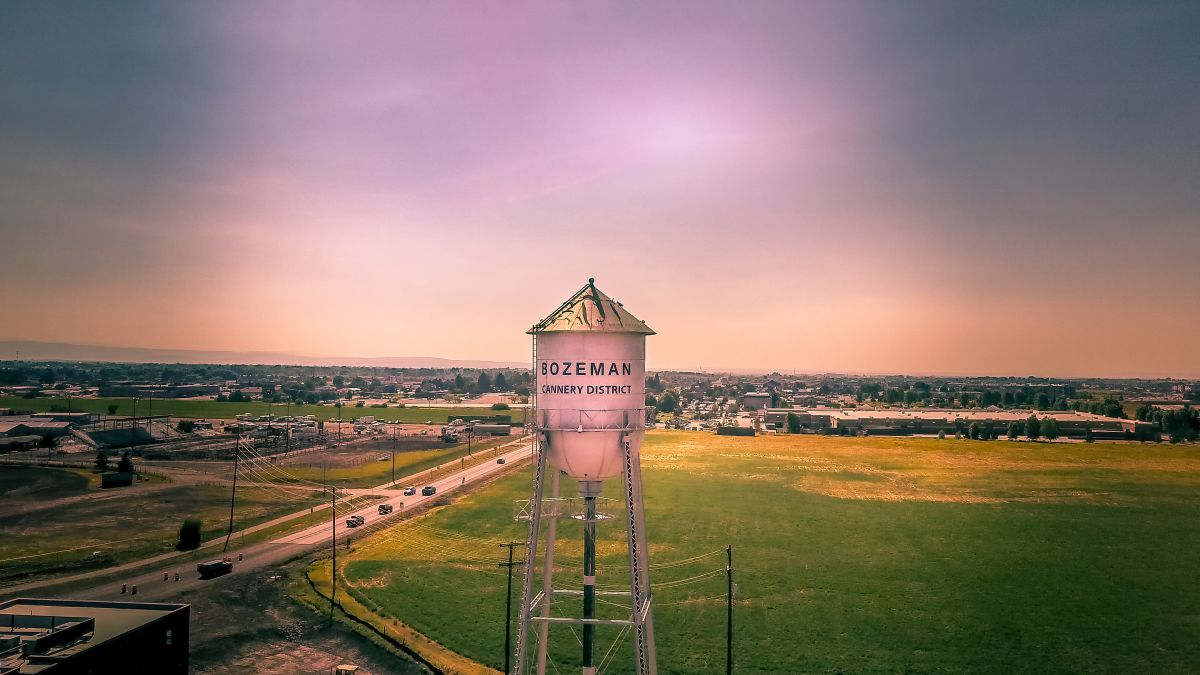Land Leveling in Bozeman
Get help with your land leveling needs. Fill out the form above and we will connect you with local pros in your area. Land leveling is a crucial process that offers numerous benefits for property owners. With land leveling, the terrain is carefully reshaped and flattened to create a smooth and even surface. This process helps to eliminate any unevenness or slopes on the land, resulting in a more aesthetically pleasing and functional space. Land leveling also plays a significant role in preventing water stagnation and drainage issues, as it ensures proper water flow and distribution across the property. Additionally, a level land surface provides an ideal foundation for construction projects, allowing for easier and more accurate construction processes. By investing in land leveling, property owners can enhance the overall value of their land, improve its usability, and create a more visually appealing landscape.
Land leveling, also known as land grading or site grading, is a crucial process in construction and agriculture that involves reshaping the topography of a piece of land to create a level surface. This technique is employed to prepare the land for various purposes such as building foundations, road construction, irrigation systems, or agricultural activities. Land leveling helps to eliminate unevenness, slopes, or depressions in the land, ensuring optimal utilization of the space and facilitating efficient water drainage. By redistributing soil and removing obstructions, land leveling creates a smooth and even surface, promoting better soil health and preventing erosion. This process plays a vital role in optimizing land productivity and maximizing the potential of the area for various development projects.
Land leveling, also known as land grading or site grading, is a crucial process in construction and agriculture that involves reshaping the topography of a piece of land to create a level surface. This technique is employed to prepare the land for various purposes such as building foundations, road construction, irrigation systems, or agricultural activities. Land leveling helps to eliminate unevenness, slopes, or depressions in the land, ensuring optimal utilization of the space and facilitating efficient water drainage. By redistributing soil and removing obstructions, land leveling creates a smooth and even surface, promoting better soil health and preventing erosion. This process plays a vital role in optimizing land productivity and maximizing the potential of the area for various development projects.

